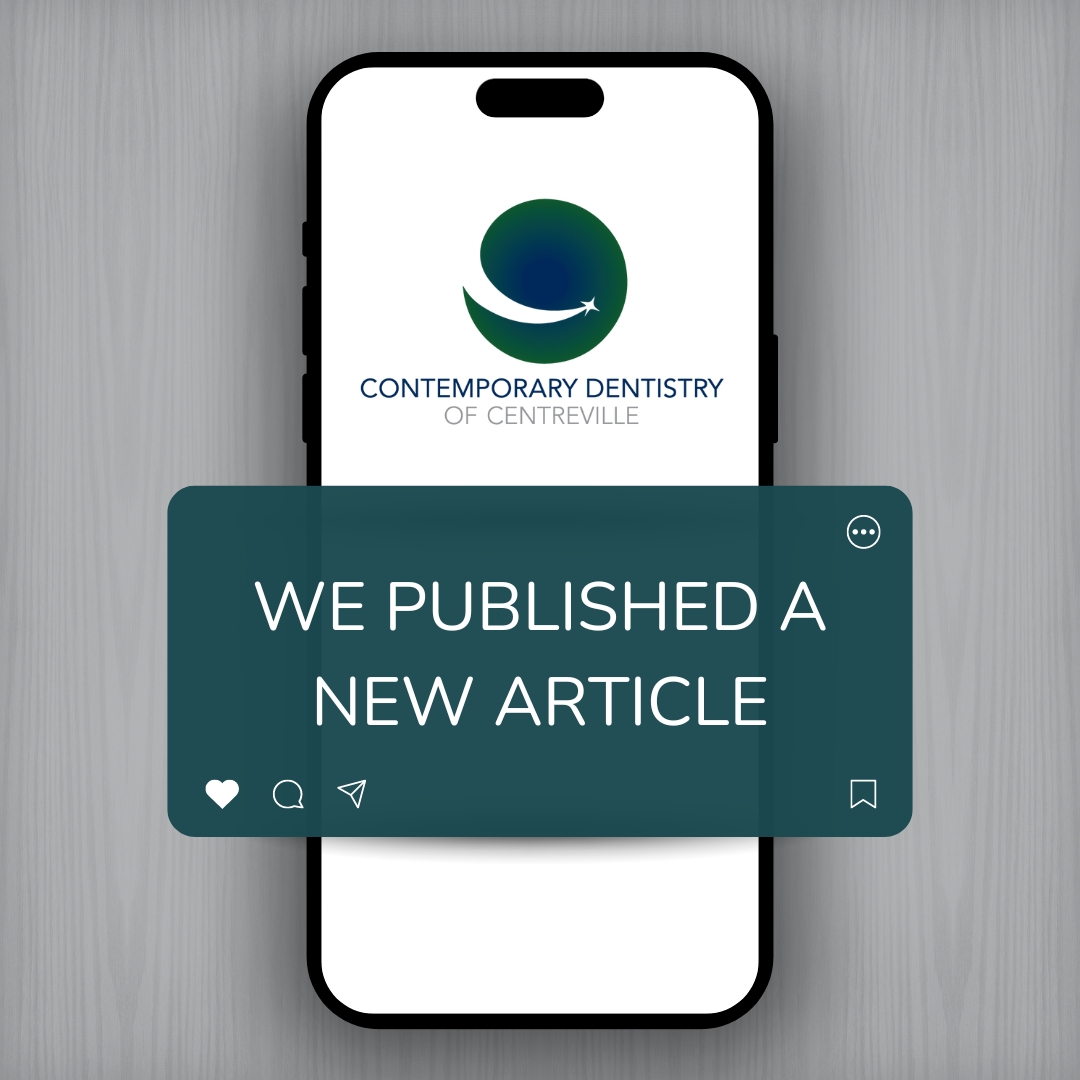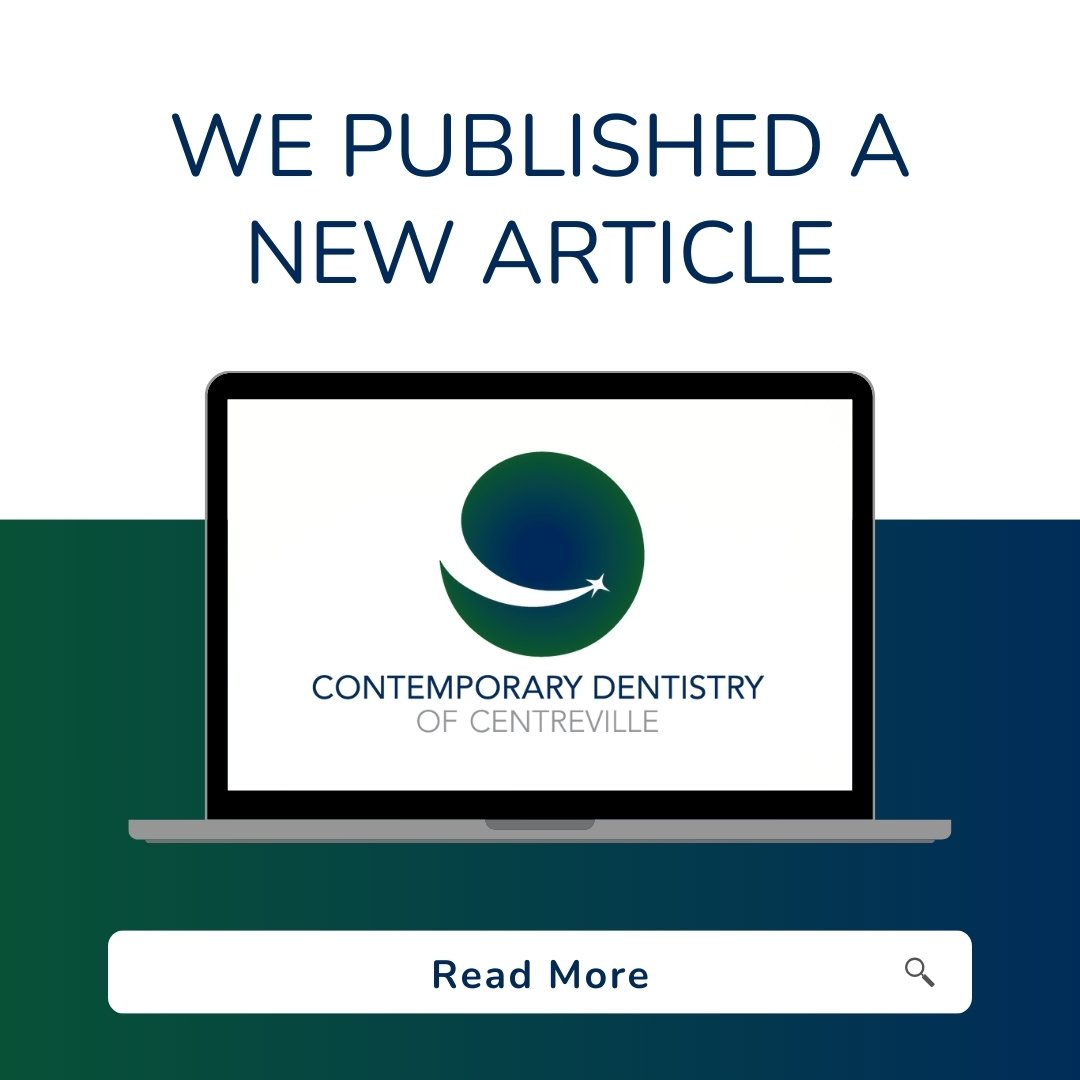
WE’VE SAID IT BEFORE AND WE’LL SAY IT AGAIN… taking care of your teeth and mouth is more than just about cosmetics, it’s about your health! When you think of being healthy, your mouth probably isn’t the first thing that comes to mind. But your oral and overall health are more intertwined than you think.
Your Mouth Is The Gateway To The Rest Of Your Body
According to the U.S. Surgeon General’s 2000 report, “Oral health and general health should not be interpreted as separate entities. … As the gateway of the body, the mouth senses and responds to the external world and at the same time reflects what is happening deep inside the body. … You cannot be healthy without oral health.”
Periodontal Disease And Its Connection To Chronic Diseases
Not only can many illnesses and medications have a direct effect on your mouth, your oral health can also affect your body. This is especially true of periodontal or “gum” disease.
Diabetes
Did you know that gum disease affects 22 percent of people diagnosed with diabetes? People with diabetes have a decreased ability to fight off harmful bacteria and are thus more susceptible to gum disease. In like manner, bacteria from the mouth can cause blood sugar to spike and fluctuate, making diabetes harder to manage.
Heart Disease
While health care professionals aren’t completely sure as to why, heart and gum disease often go hand in hand. In fact, up to 91 percent of patients with heart disease have gum disease. It is believed that the link between these two conditions is inflammation.
Cancer
These statistics may surprise you, but researchers have found that men with gum disease were 54 percent more likely to develop pancreatic cancer, 49 percent more likely to develop kidney cancer and 30 percent more likely to develop blood cancers.
What’s more, cancer treatments often have oral manifestations. Chemotherapy and radiation can cause sores in the mouth, sensitive gums, jaw and facial pain and dry mouth.
Other Complications
Gum disease has also been linked with stroke, kidney disease, osteoporosis, certain lung conditions and rheumatoid arthritis. Pregnant women with gum disease are more likely to have preterm births and low birth-weight babies.
The Health Of Your Mouth Is In Your Hands
As you can see, there is a strong connection between oral and overall health. That’s why it’s important to make your dentist a part of your health care team by going to your regular dental appointments and updating them on your medical history. We care about your whole body health!
The good news is that, for the most part, dental disease is entirely preventable. Brushing twice a day and flossing daily can keep gum disease at bay and protect you from cavities. Your oral health is in your hands, so choose to be mouth-healthy!




















